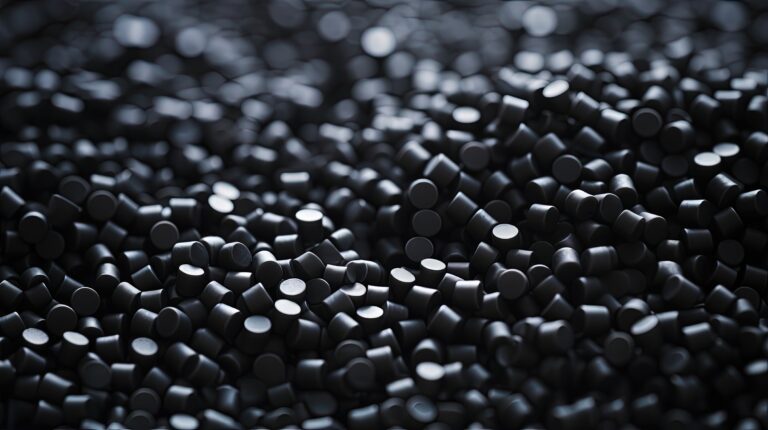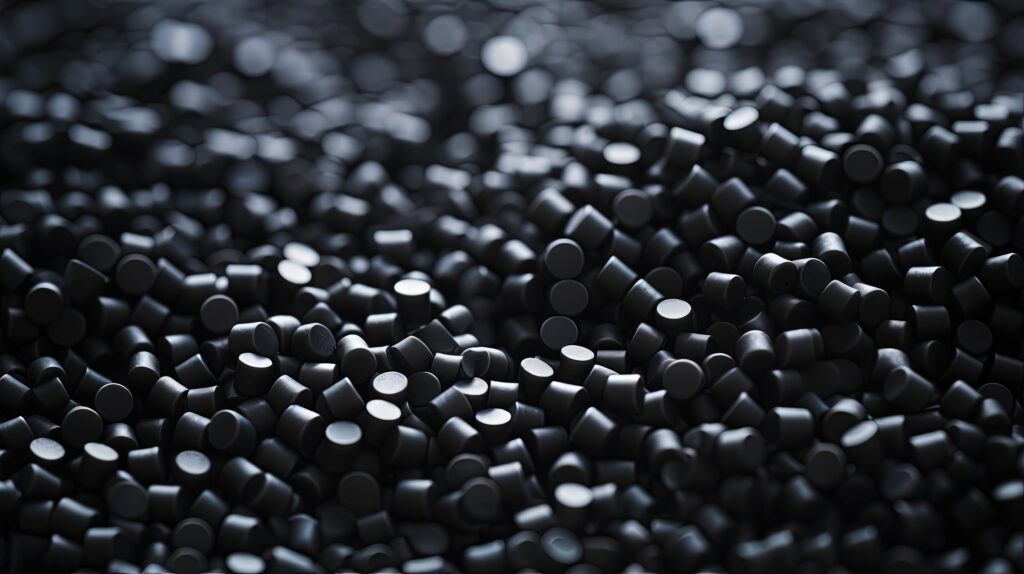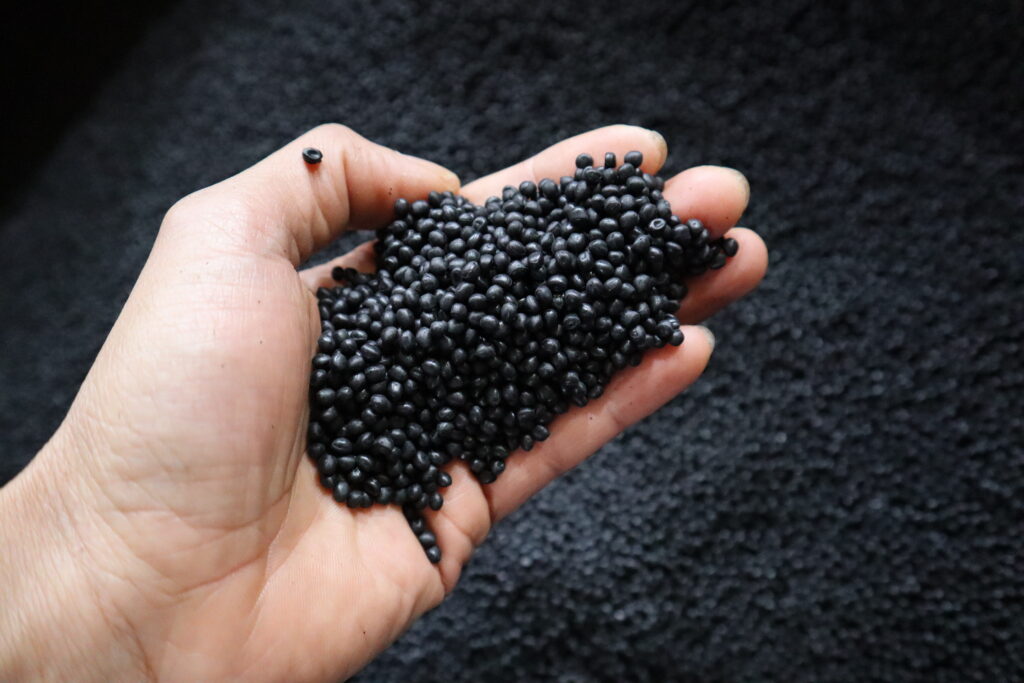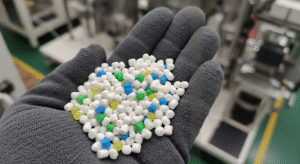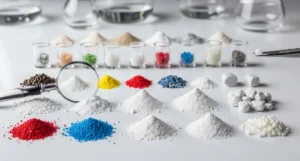The benefits of plastic processing aids include how they contribute to a more efficient and effective manufacturing process. The plastic manufacturing industry is an ever-evolving landscape driven by the demand for higher-quality products, cost efficiency, and environmental sustainability. One key component in achieving these goals is the use of plastic processing aids. These additives play a crucial role in optimizing processing conditions, enhancing product quality, and reducing production costs.
The Benefits of Plastic Processing Aids
One of the benefits of plastic processing aids is significantly enhancing manufacturing efficiency by improving polymer flow, reducing viscosity, and lowering processing temperatures. They result in superior surface quality, fewer defects, and faster production speeds, all while cutting energy costs and minimizing waste. Additionally, these aids boost the mechanical properties of the final product and contribute to more sustainable production practices, making them indispensable in optimizing processing conditions across various plastic manufacturing applications.
Enhanced Flow and Reduced Viscosity
One of the primary benefits of plastic processing aids is their ability to improve the flow properties of polymers. During the extrusion or molding process, polymers can have high viscosity, making them difficult to handle and shape. Processing aids act as internal lubricants, reducing the viscosity of the polymer melt. This not only makes the material easier to process but also allows for faster production speeds and more consistent product quality.
Improved Surface Quality
Plastic processing aids can significantly enhance the surface quality of the final product. By reducing melt fracture and surface defects such as sharkskin or die lines, these aids ensure a smoother and more aesthetically pleasing finish. This is particularly important in applications where the appearance of the plastic product is critical, such as in consumer goods and packaging materials.
Energy Efficiency and Cost Reduction
Reducing processing temperatures is another major advantage of using plastic processing aids. Lowering the temperature at which polymers are processed can lead to significant energy savings. This not only reduces production costs but also minimizes the environmental impact of the manufacturing process. Furthermore, the improved flow properties and reduced viscosity achieved with processing aids can lead to faster cycle times, increasing overall production efficiency.
Enhanced Mechanical Properties
In addition to improving processing conditions, plastic processing aids can also enhance the mechanical properties of the final product. By promoting better dispersion of fillers and reinforcing agents within the polymer matrix, these aids can increase the strength, durability, and flexibility of plastic products. This is particularly beneficial in applications where high-performance materials are required, such as in the automotive and construction industries.
Reduction of Defects and Waste
Minimizing defects and reducing waste are critical objectives in any manufacturing process. Plastic processing aids help achieve these goals by enhancing the consistency and uniformity of the polymer melt. This results in fewer defects, such as voids, bubbles, and incomplete fills. Consequently, the rate of rejected products decreases, leading to less material waste and lower production costs.
Environmental Benefits
Sustainability is a growing concern in the plastic manufacturing industry. The use of plastic processing aids can contribute to more environmentally friendly production processes. By reducing energy consumption and minimizing waste, these additives help lower the overall carbon footprint of plastic manufacturing. Additionally, some processing aids are designed to be more environmentally friendly, with reduced volatile organic compound (VOC) emissions and improved biodegradability.
Versatility and Compatibility
Plastic processing aids are highly versatile and can be used with a wide range of polymers, including polyethylene (PE), polypropylene (PP), polyvinyl chloride (PVC), and more. This compatibility ensures that manufacturers can optimize processing conditions across different materials and applications, making plastic processing aids a valuable tool in various industries.
The Benefits of Plastic Processing Aids in Manufacturing
From enhancing flow properties and surface quality to reducing energy consumption and production costs, these additives play a crucial role in optimizing processing conditions. By incorporating plastic processing aids into their production processes, manufacturers can achieve higher quality products, improved efficiency, and a reduced environmental impact. As the demand for better and more sustainable plastic products continues to grow, the use of processing aids will undoubtedly remain a key strategy in the industry’s ongoing evolution.
Optimize Your Production with Phoenix Plastics’ Superior Processing Aids
Elevate your plastic manufacturing process with Phoenix Plastics’ superior processing aids. Experience enhanced flow, reduced defects, and significant energy savings. Contact us today to discover how the benefits of plastic processing aids can optimize your production and boost your bottom line!

